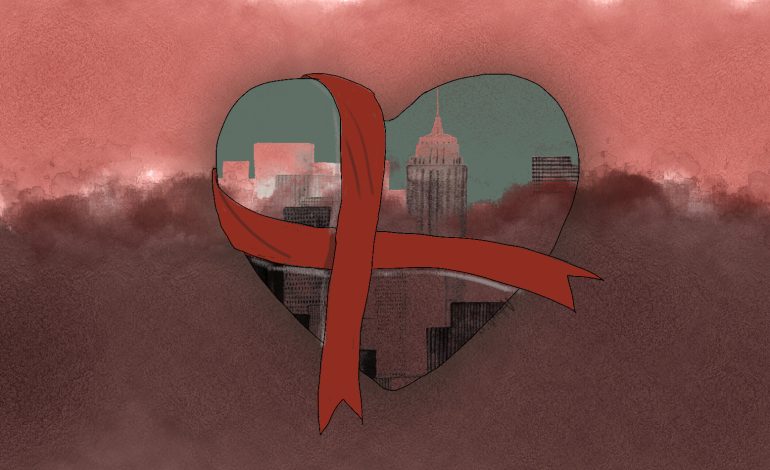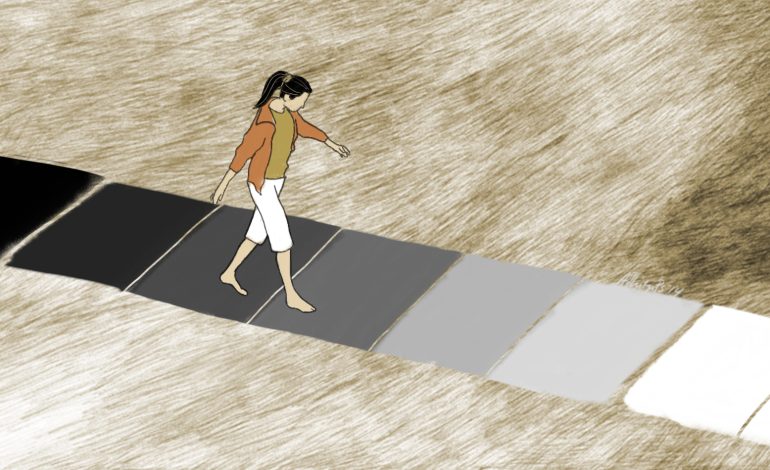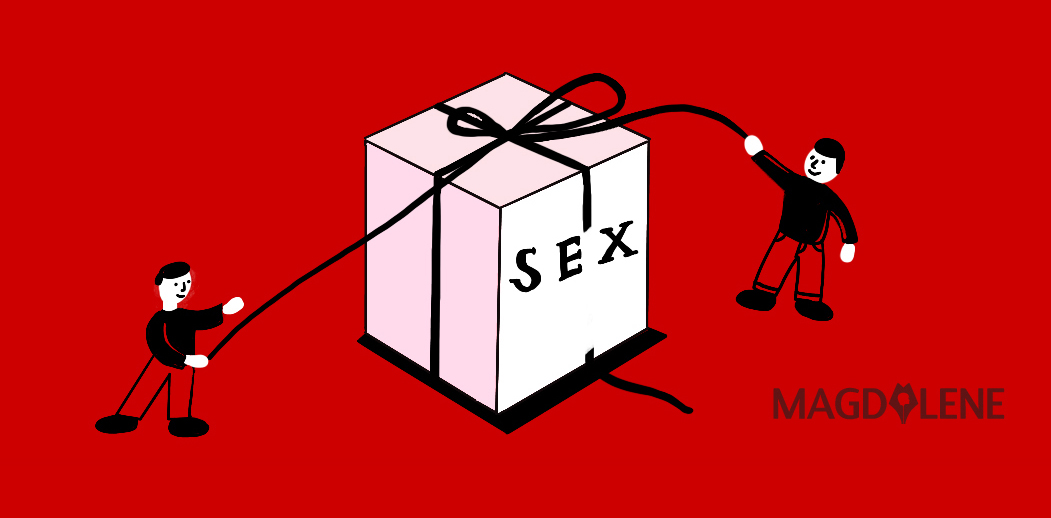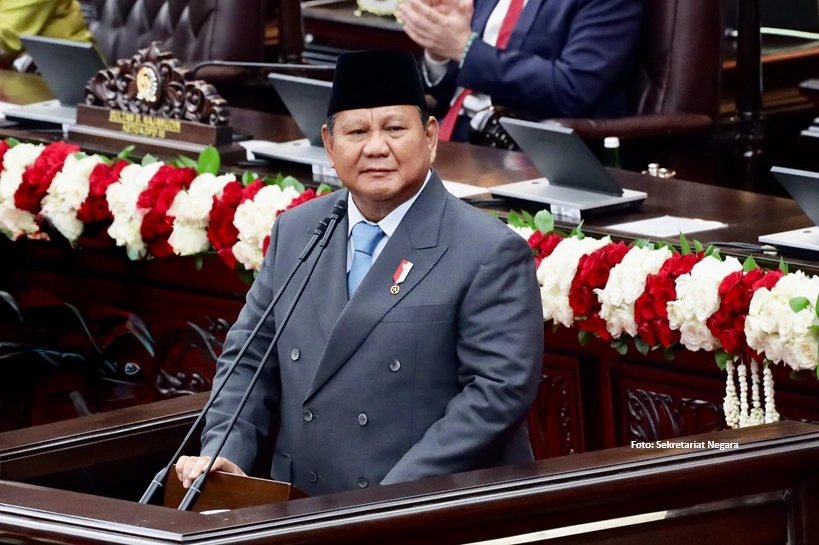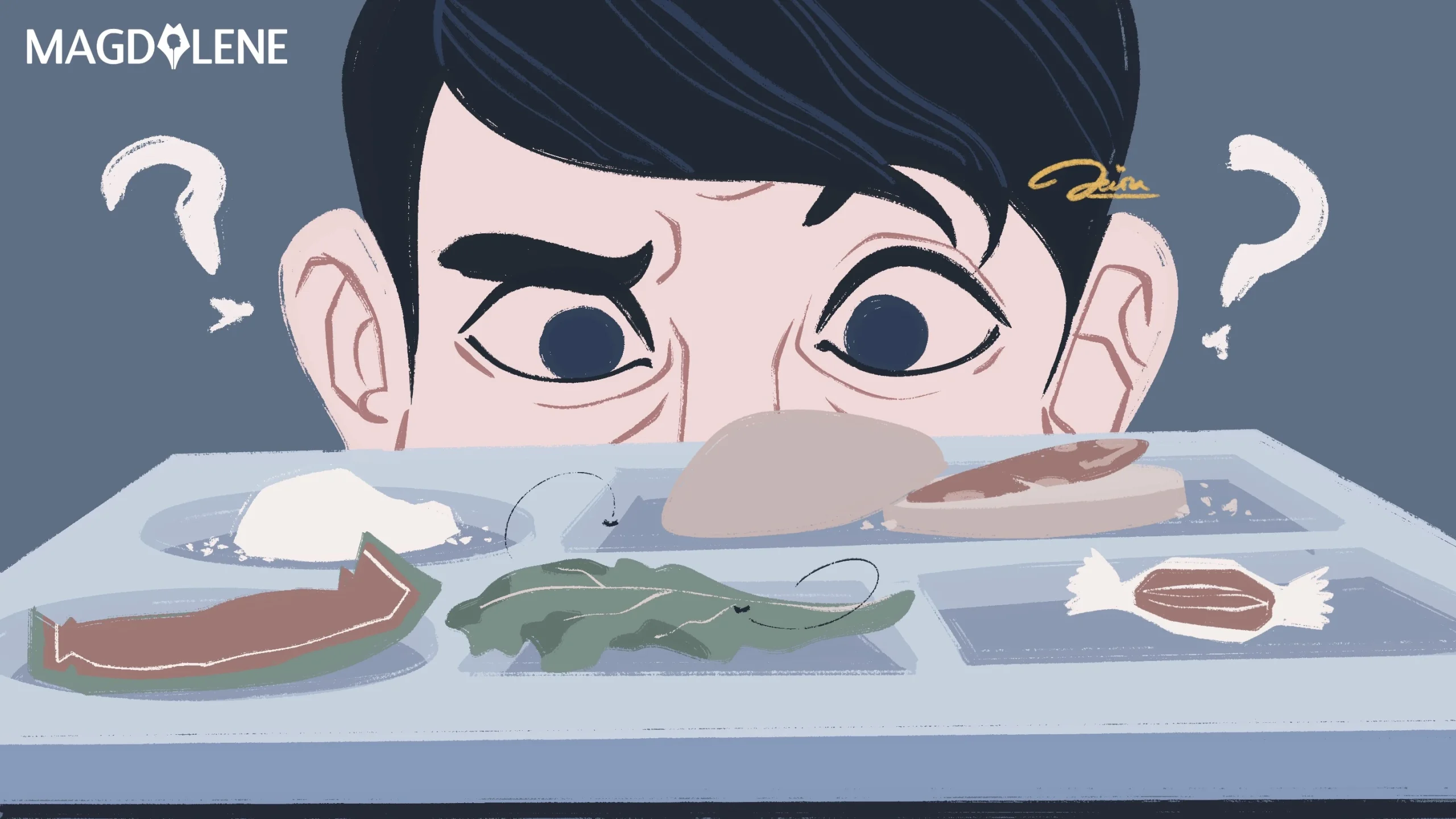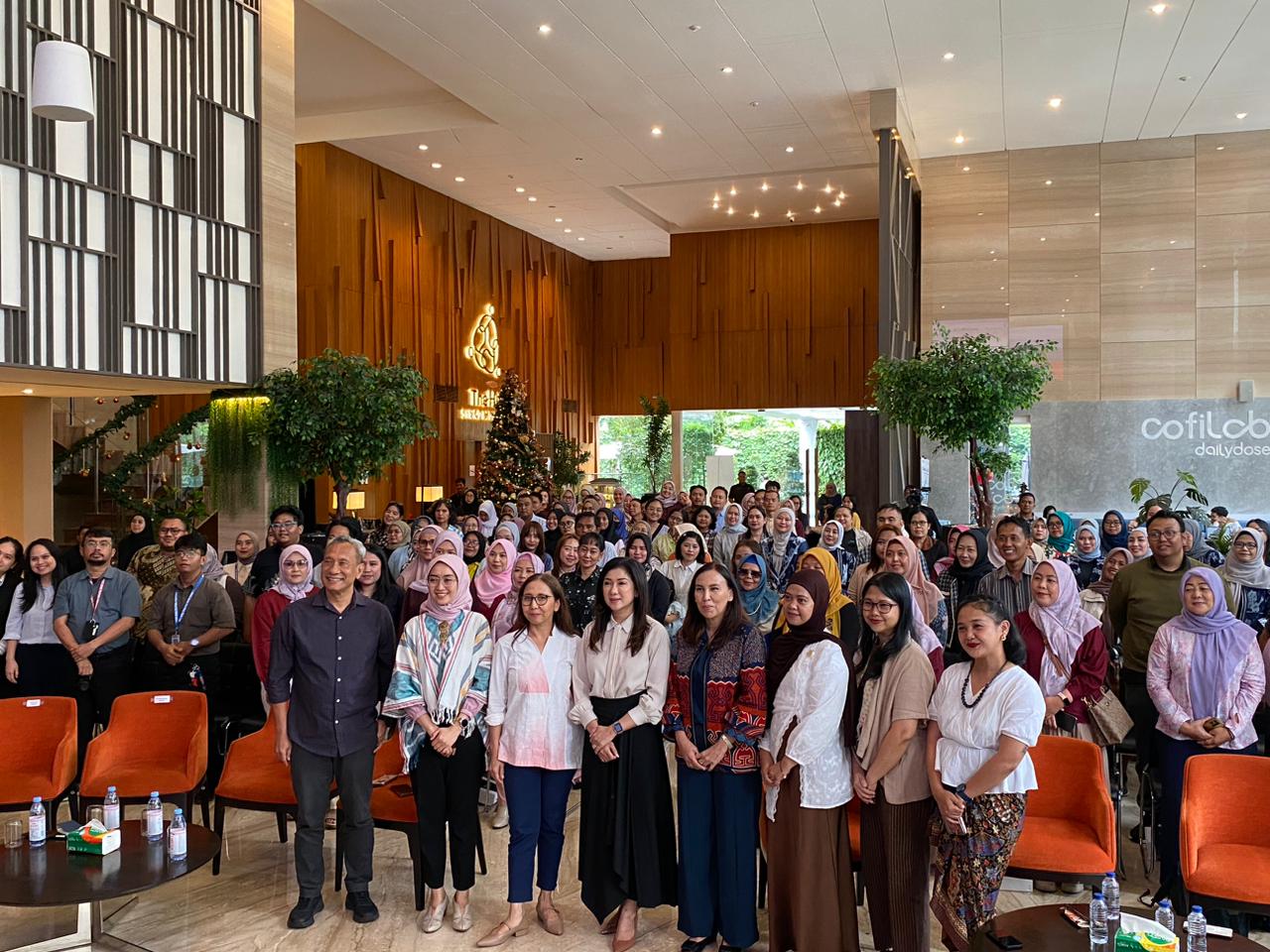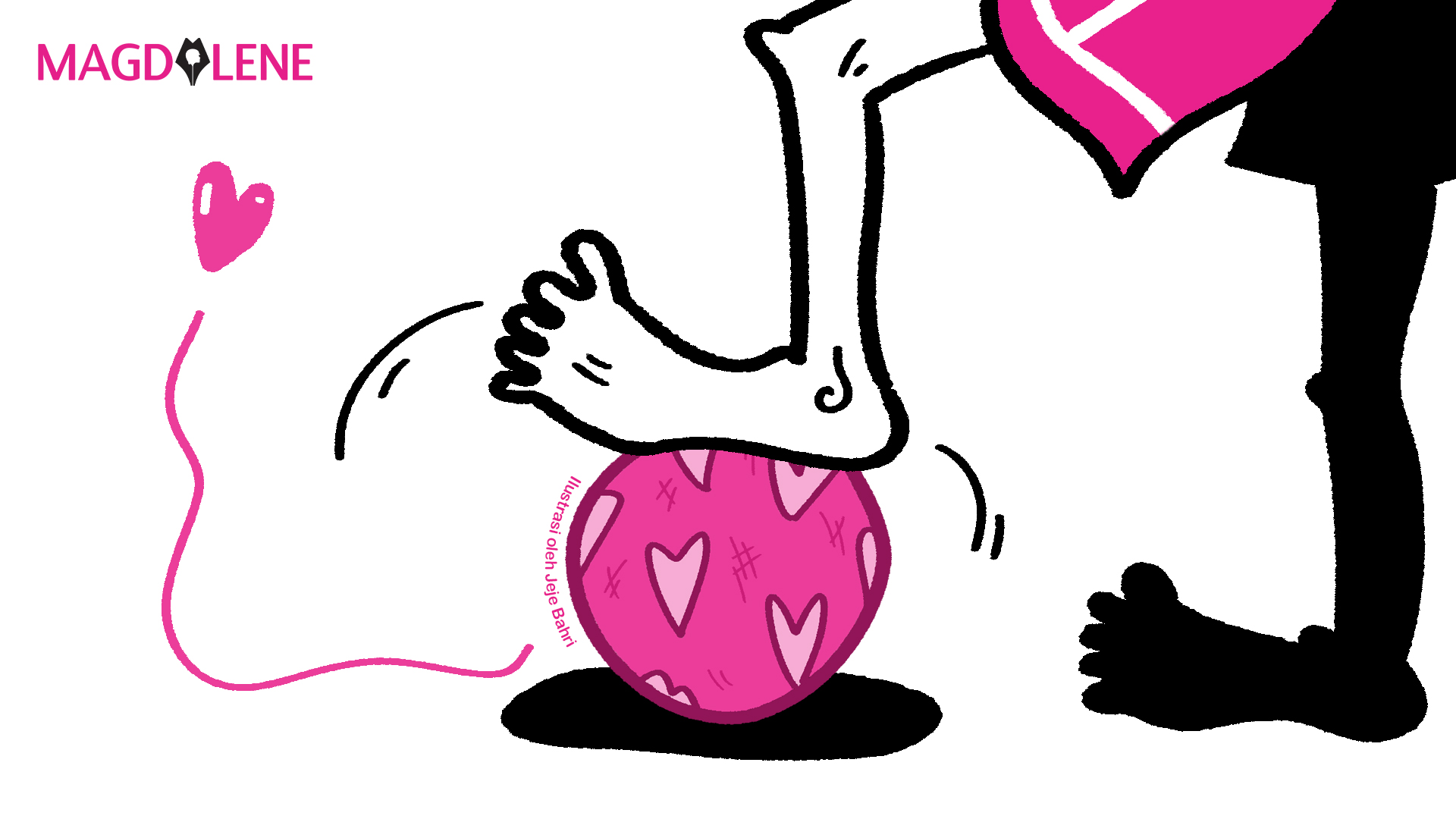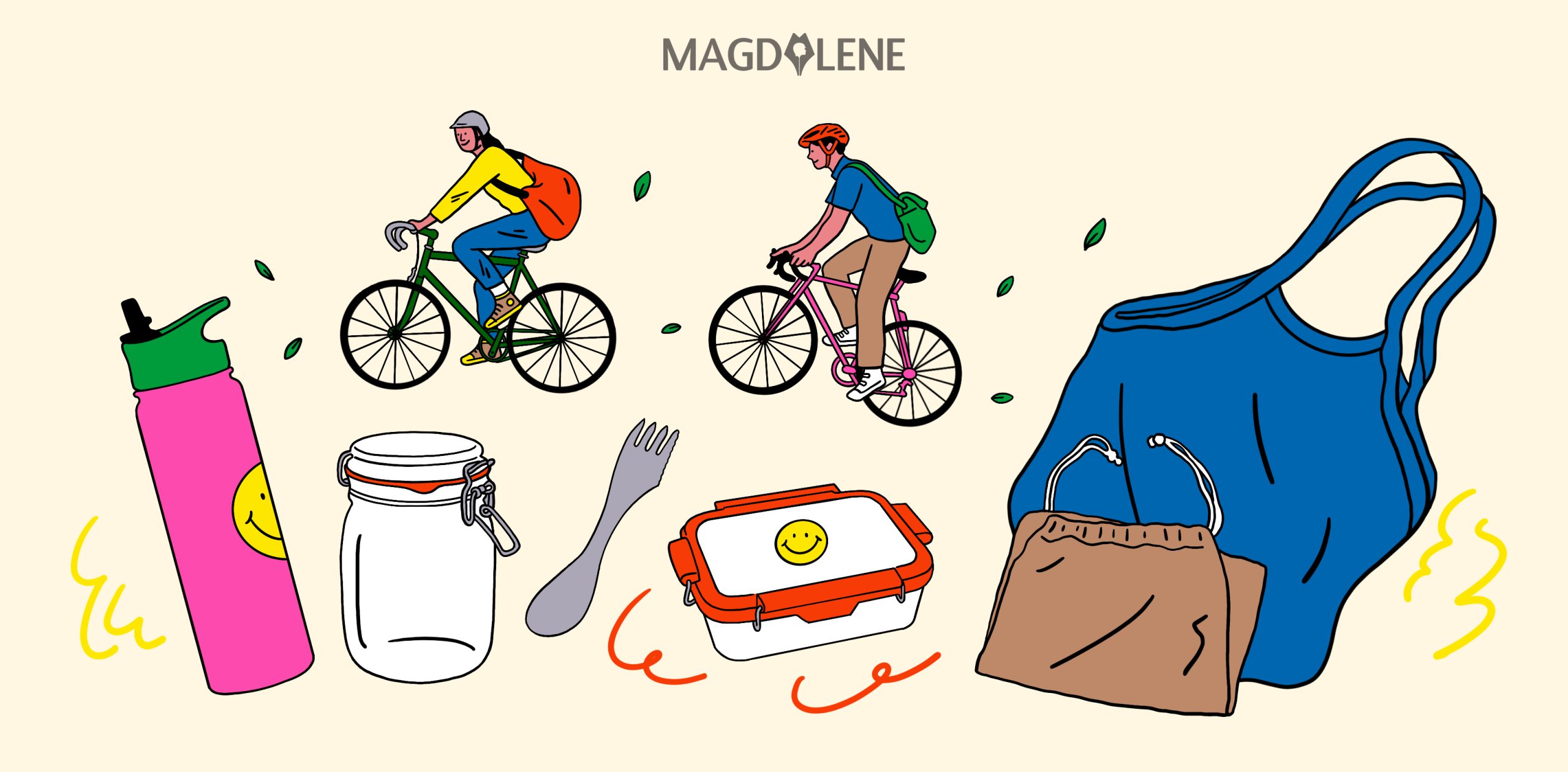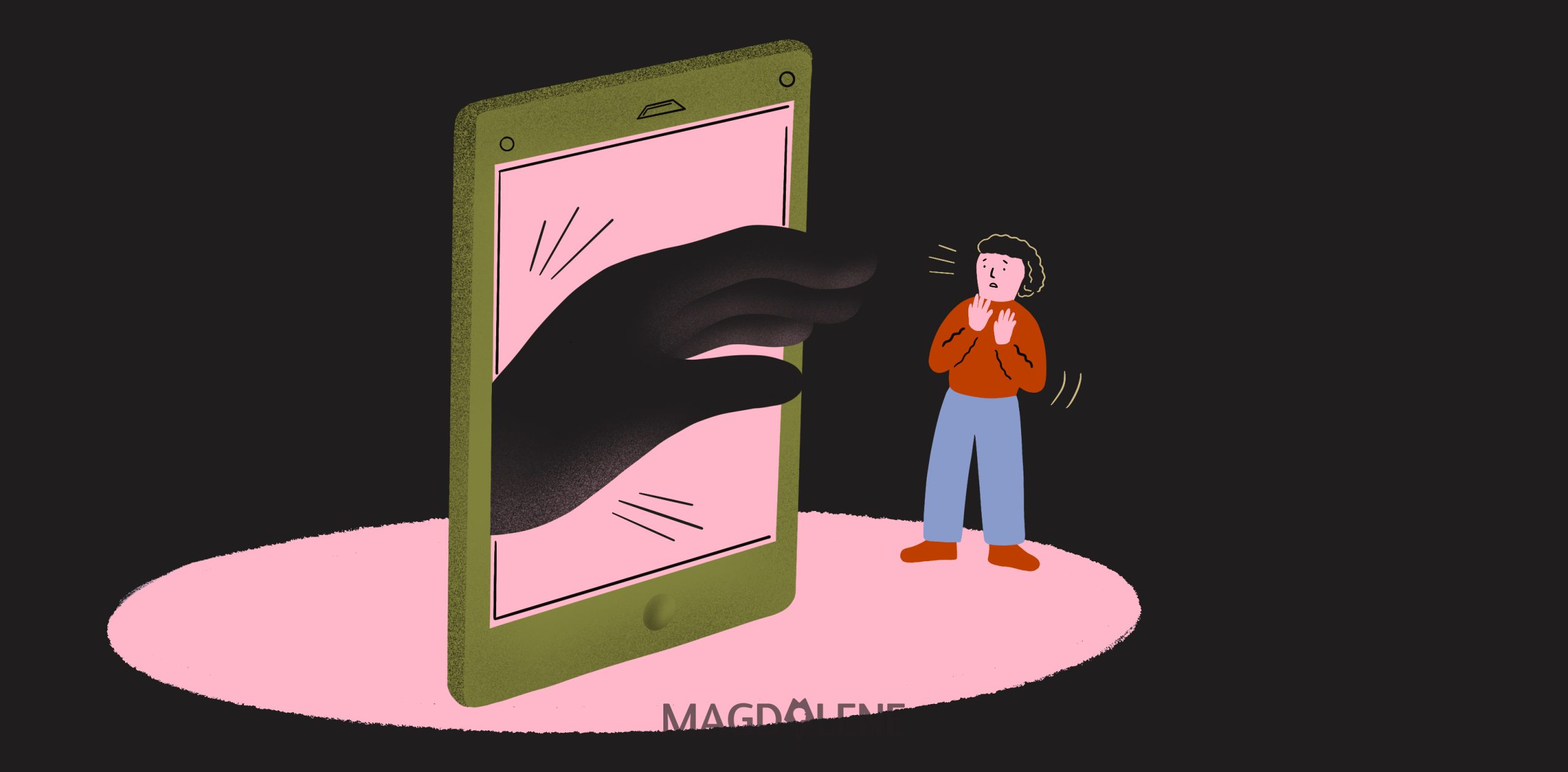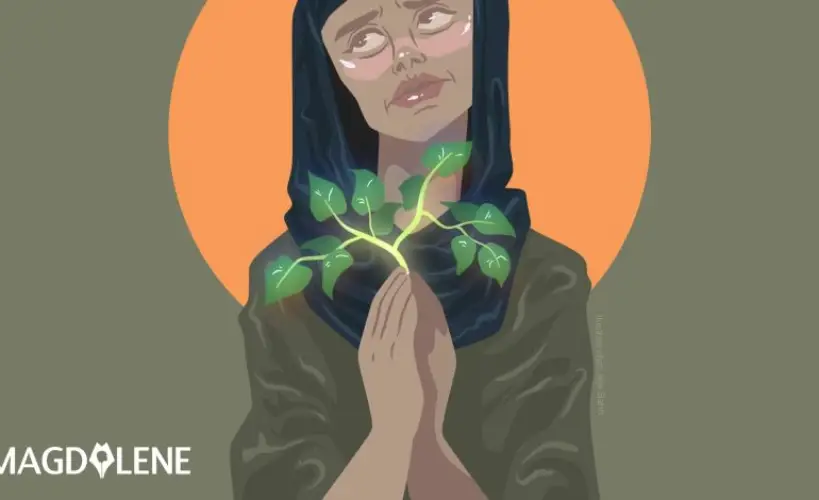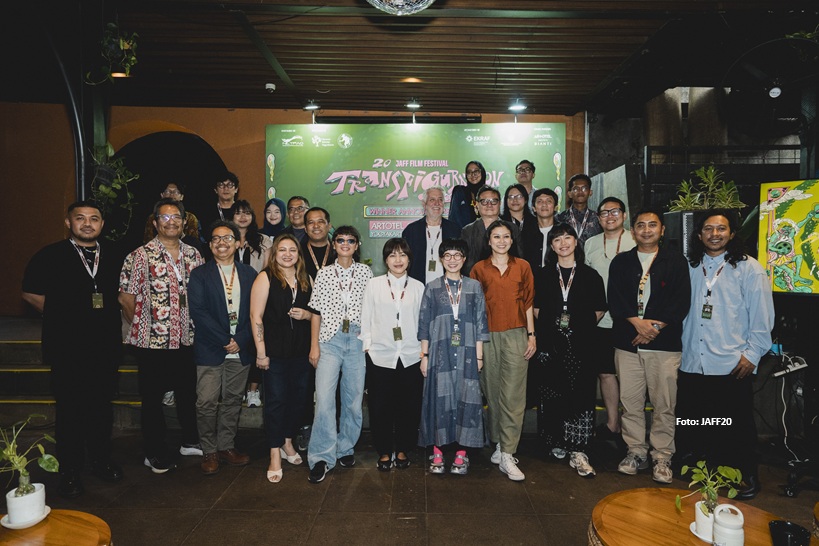Involving Men in Ending Violence Against Women
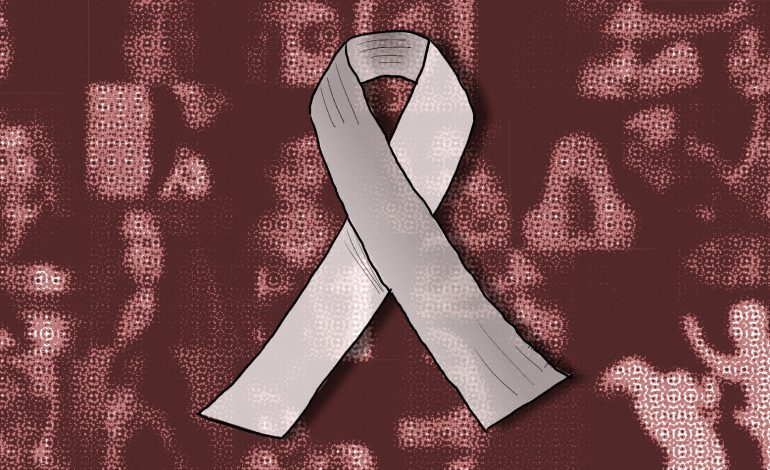
Michael Kaufman has been working on ways to stop men and boys from perpetrating violence against women and girls, but he wants people to know that men are not monsters.
“Most men in most countries don’t use violence, but a significant minority does,” he said earlier this month in a public lecture and an interview at Erasmus Huis, South Jakarta.
The event was held by Aliansi Laki-Laki Baru (New Men’s Alliance) and Yayasan Pulih, two organizations that work to prevent violence against women and for the recovery of victims of violence against women.
“Society has given permission to violence against women. We make excuses for men who use violence. Violence against women and children is considered a private matter. It’s the only act of violence that is considered a private matter.”
While men are part, if not the problem in this issue, the campaign to end violence against women has rarely focused on men.
“I know not all men use violence, but so many of them do. And other men are not speaking out, we are silent,” said the Canadian activist.
“We have to bring men in as allies if we want to bring about this issue. Men have the responsibility to speak out against violence against women.”
Based on this thought, Kaufman and fellow activists as well as politicians in Canada initiated the White Ribbon Campaign (WRC) in 1991, a movement involving men wearing white ribbon to signify opposition to violence against women.
A response to the École Polytechnique massacre on Dec. 6, 1989, where an anti-feminist attacker killed 14 women, WRC’s basic principle is the importance of men and boys to speak out against all forms of violence against women.
Now spread to over 57 countries around the world, its major campaign runs from Nov. 25 – the International Day for the Eradication of Violence Against Women – until Dec. 10.
The current status of violence against women is dire. Existing efforts to prevent domestic violence are insufficient as a third of women worldwide are physically abused, according to a series of studies by the World Health Organization (WHO) published on Nov. 21.
The studies show that between 100 million and 140 million women are victims of genital mutilation, around 70 million girls are married before 18, often against their will, and some 7 percent of women risk being raped in their lifetimes.
False Sense of Masculinity
Various researches indicate the perception of manhood or masculinity has contributed to violent behavior, including the use of violence against women as a way to assert their manhood.
Kaufman said the idea of masculinity has been narrow and destructive, not only to women but also to men.
“I believe most men are affected in negative ways on manhood. From the start we raise men to be powerful and strong. When they are not ‘manly’ enough, they are humiliated in sexist languages. We also tell them not to feel or trust their own feeling,” he said.
The status quo is not so good for men, he added. Men die faster and more likely to end up in prison or addicted to alcohol. One of the reasons men die younger is because they don’t go to the doctor, as it is perceived as signs of weakness.
The way we raise boys come at terrible cost. There is no man who can live up to all expectations.
Right now, Kaufman said, when we raise boys, it becomes worse for them, with trend of “supersizing masculinity.”
He went on to show a series of pictures comparing toys in the 1960s or 70s with the ones sold at today’s markets. Action figures of superheroes like Batman, G.I. Joe and Star Wars characters looked “normal” back then, but now they have been beefed up with more muscular physique, creating an impossible standard of manhood.
“The way we raise boys come at terrible cost. There is no man who can live up to all expectations. The result is violence against women and men. Men feel insecure so they use violence. Men who rape, hit, or bully their wives or partners do that to make them feel powerful,” Kaufman said.
Sadly, girls picked up the values of destructive masculinity as a way to assert power. Kaufman observed how girls-on-girls bullying is increasing worldwide because society still measures strength and power by dominating other people.
Liberation, Not Just Equality
Kaufman said there is a need to promote ‘positive masculinity.
“Women for many years have been reshaping their lives, redefining what it means to be women. We’ve divided the genders, nothing done in the middle. Women have said, no, we don’t want only one side, we want a full range of humanity. Men haven’t done that. There are good qualities in masculinity, such as being protectors, providing for families. But there’s all these other human attributes that men want,” he said.
The concept of man as the head of the household is strange and outdated and should be challenged. Boys and girls should be raised equally and have the same jobs at home, he said, so that they are more independent.
“Work hard as parents to model things we want to be. Encourage boys to feel,” said Kaufman, 63.
“Children are happier, more well-adjusted when men are more involved as parents. They are less likely to use violence. Men who do childcare and house chores are proven to be healthier.”
Kaufman experienced it firsthand, coming from a loving family with a loving, gentle father who is currently 99 years old.
“When journalists interviewed me, they assume I come from a terrible family background, with my mother beaten up or something. Exactly the opposite. It was not until I became an adult that I found out how many women experience violence. I then started to write about it, give counseling groups for men,” he said.
Children are happier, more well-adjusted when men are more involved as parents. They are less likely to use violence.
For men to start speaking up against violence against women, he said, perhaps they can start by changing the subject when you don’t feel comfortable with sexist joke.
“Start talking about domestic violence when seeing such case. But don’t humiliate them. Challenge people’s behavior, to say it’s wrong, to suggest help. There are many other ways. Ask the women, ‘how can I support you?’, ‘what do you need?’. Go to them. If they tell you it is not your business, tell them it is. It affects everyone around you,” he said.
Advertisements on violence against women and parenthood should come with more positive images, as they are more efficient, Kaufman said.
“Our work has to be not only for equality but liberation. It’s not good enough for women to be able to do what men have, to act like men. Who wants that? I don’t even want men to do the destructive things that men have done to dominate and control,” he said.
“Women’s lib movement just didn’t want equality but also to redefine power and manhood.”
Read Hera’s interview with feminist Muslim scholar Kyai Hussein.

